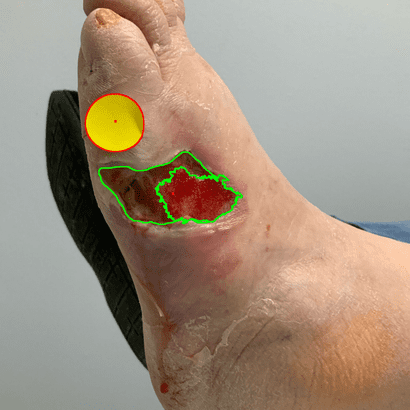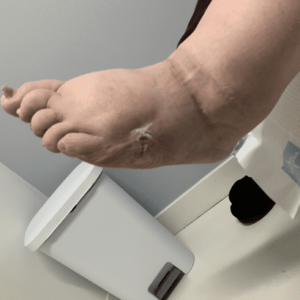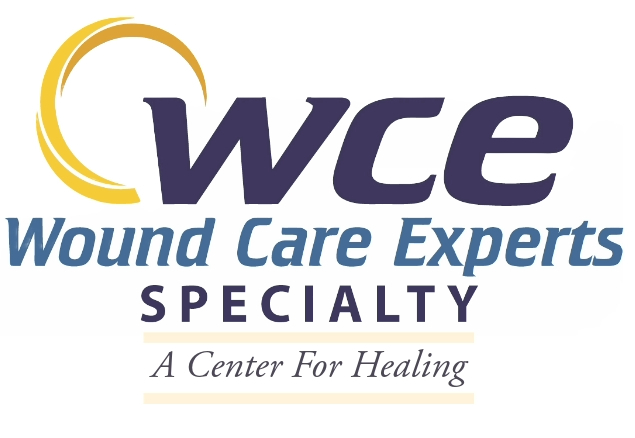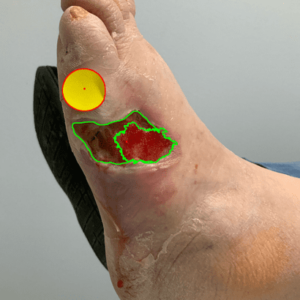
Wound Care as a specialty of surgery continues to be a “young” field. As such, the field continues to experience much exciting growth and flux. We as a specialty still are answering for ourselves such existential questions as “what are the boundaries of our speciality,” “who should be allowed to practice as a wound specialist,” and “what is the proper training regimen?” While I certainly have my own opinions on this subject, my opinions are hardely the consensus. My background is in general surgery. Even during residency, I was drawn to wound care. It happened by chance that my program director also had a position in the hospital-associated wound center. It was there that I was introduced to ambulatory wound care, and found the patient care in this capacity professionally satisfying. However, there are many paths to the specialty. Some providers come from a family medicine or internal medicine background. Occasionally one will see doctors with an emergency medicine background. Many wound care providers are midlevel providers, such as nurse practitioners and physician assistants. The plethora of backgrounds leads to a richness and diversity of experience to help treat you, the patient! However, this diversity may also present the specialty with unique challenges. That is, a diversity of experience sometimes leads to variable and not reproducible outcomes, incomplete treatment algorithms, and failure to follow evidence-based medicine. Put simply, this might mean that the patient may not receive the best available treatment modality. We, the providers of Wound Care Experts, strive to do our part to counteract this. Recognizing that we all come from a different background, we have created a vigourous clinical apprenticehip program prior to independent practice in the group. We participate in scheduled clinical education and clinical practice review conferences. These serve to keep us up-to-date on the latest evidence-based treatment. The conferences also serve as a way for us to discuss difficult cases so that we might improve the patient’s outcome. We write treatment algorithms for various wound and disease processes. This provides a starting point for our providers, allowing for reproducibility and standardization. Of course, the provider may deviate away if that in their clinical jedgement is optimal for a particular patient. We also do our part to expand evidence-based practice by performing clinical research in accordance with good clinical practice (GCP). I particularly enjoy this aspect of my practice. Last, but certainly not least, we only use products that have a proven track record of efficacy. In the wound care ecosystem, there truly are “thousands of salves and potions” that purport to have wound healing properties. Every advanced product that enters our facility for use is scrutinized. For these reasons, and so many more, I am proud to work with the amazing team at WCE and am proud of the outcomes we have been able to facilitate for our patients.


